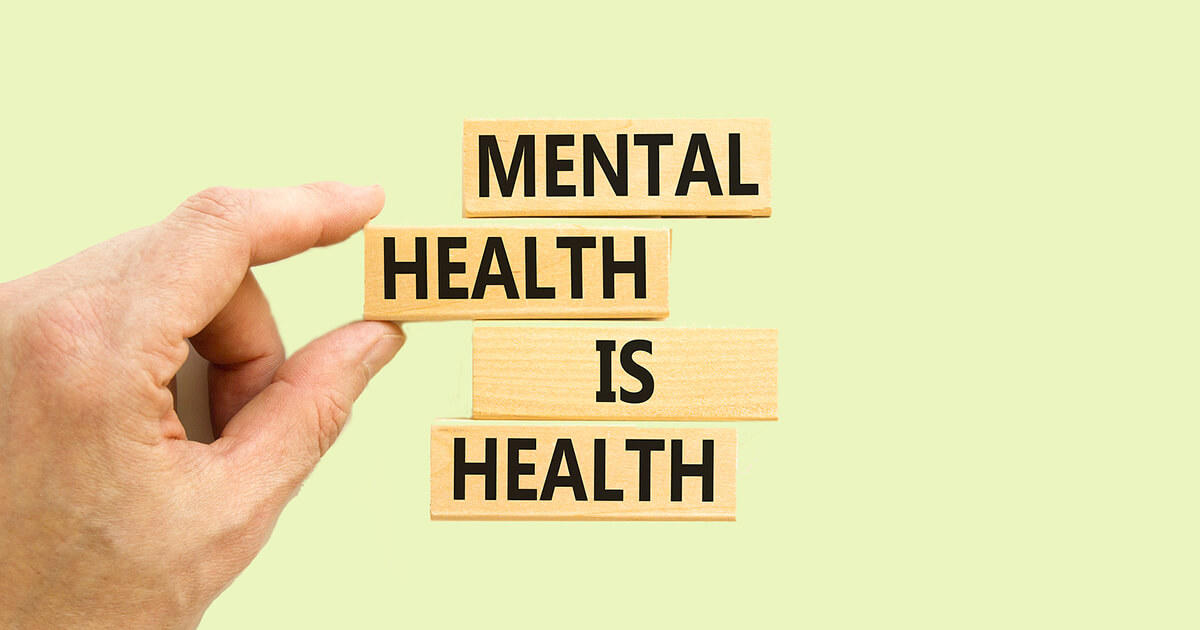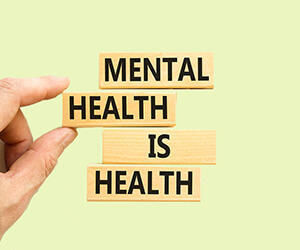To successfully navigate any crisis, you need a strategy. That’s why, in the spring of 2022, President Joe Biden released a plan to address the “unprecedented mental health crisis” gripping the United States.1
The Scope of the Mental Health Crisis
In making the announcement, the administration shared several facts to help illustrate the severity of the crisis, which the COVID-19 pandemic has worsened:1
- Two out of five adults report symptoms of anxiety or depression.
- The trauma and physical isolation of the pandemic have driven many Americans to a breaking point.
- Black and brown communities are disproportionately undertreated.
- In 2019, one in three high school students and half of female students reported persistent feelings of sadness or hopelessness.
The Mental Health Crisis Plan
The White House strategy is detailed and wide-reaching. Its recommendations support three desired outcomes: strengthen system capacity, connect more Americans to care, and create a continuum of support. Here are excerpts from the plan:1
Strengthen System Capacity
“At the center of our national mental health crisis is a severe shortage of behavioral health providers,” the Biden administration’s plan says. “More than one-third of Americans live in designated Mental Health Professional Shortage Areas, communities that have fewer mental health providers than the minimum their level of population would need.”
Recommendations include:1
- Investing in proven programs that will bring providers into behavioral health. The plan calls for $700 million in funding for programs like the National Health Service Corps, Behavioral Health Workforce Education and Training Programs, and the Minority Fellowship Program.
- Piloting new approaches to train a diverse group of paraprofessionals. The mental health crisis plan includes increasing the number of community health workers and other health support workers in underserved communities.
- Expanding the availability of evidence-based community mental health services. The administration says the U.S. will invest in Certified Community Behavioral Health Clinics (CCBHCs), a care model it says improves health outcomes while lowering costs.
Connect More Americans to Care
“Less than half of Americans with mental health conditions receive treatment,” according to the mental health crisis plan. “The average delay from the onset of mental health symptoms to treatment is 11 years.”
Recommendations include: 1
- Expanding and strengthening parity. The budget for fiscal year 2023 (FY23) will propose that all health plans cover behavioral health services and that some offer three visits a year without a copay.
- Embedding and co-locating mental health and substance abuse providers into community-based settings. This proposal includes adding access to care in libraries, community centers, and homeless shelters.
- Expanding access to tele- and virtual mental healthcare options. The plan proposes building on the growth of telehealth services, which make mental healthcare more accessible.
Support Americans by Creating Healthy Environments
“We cannot transform mental health solely through the healthcare system,” the mental health crisis plan says. “We must also address the determinants of behavioral health, invest in community services, and foster a culture and environment that broadly promotes mental wellness and recovery.”
Recommendations include:1
- Investing in research on social media’s mental harms. This is one of several recommendations aimed at protecting children and young adults from potentially harmful content on apps and online platforms. Studies show that children under 18 are especially vulnerable to harmful online content, the plan says.
- Expanding early childhood and school-based intervention services and supports. The mental health crisis plan proposes “historic investments” in youth mental health services, including infant and early childhood mental health programs.
- Increasing mental health resources for justice-involved populations. According to the plan, approximately 40% of incarcerated individuals have a mental illness, with just one-third receiving treatment. Biden’s plan calls for increased funding to correctional systems for behavioral healthcare, case management, family services, and transitional programs for adults reentering their communities.
Help Address the Mental Health Crisis
You can add your talent and experience to improving the quality of mental healthcare in your community by earning an advanced psychology degree online. Choose a PhD psychology program that prepares you for real-world careers in psychology and can help you excel in your field.
Your PhD psychology studies are presented in a format that blends online and in-person participation. This clinical psychology program includes Walden’s Academic Year in Residence (AYR), an impactful experience that gives you the chance to practice and hone your skills by interacting with peers and faculty members.
Walden designs its online programs for professionals who want to earn a degree while continuing to work and enjoy their personal lives. Flexibility is a hallmark of Walden’s PhD in Clinical Psychology degree program—you can engage in your studies on your own schedule, wherever you have an internet connection.
With a PhD in Clinical Psychology, you can be well-prepared to help address the mental health crisis as a practitioner, psychology professor, consultant, researcher, or wherever your career goals take you.
Walden University is an accredited institution offering an online PhD in Clinical Psychology degree program. Expand your career options and earn your degree in a convenient, flexible format that fits your busy life.
Walden University is accredited by The Higher Learning Commission, www.hlcommission.org.
Note on licensure: The PhD in Clinical Psychology program is designed to prepare graduates to qualify to sit for psychology licensing exams. This program is designed to meet the academic licensure requirements of some state psychology boards. However, Walden University’s PhD in Clinical Psychology program is not accredited by the American Psychological Association (APA) and has not received designation by the Association of State and Provincial Psychology Boards/National Register (ASPPB/NR), which are requirements for licensure in some states. Learn more about professional licensure.





